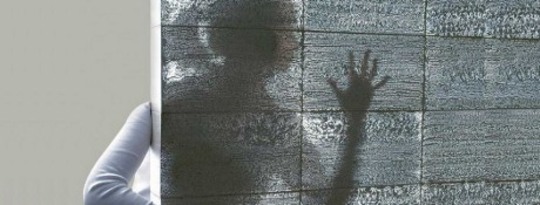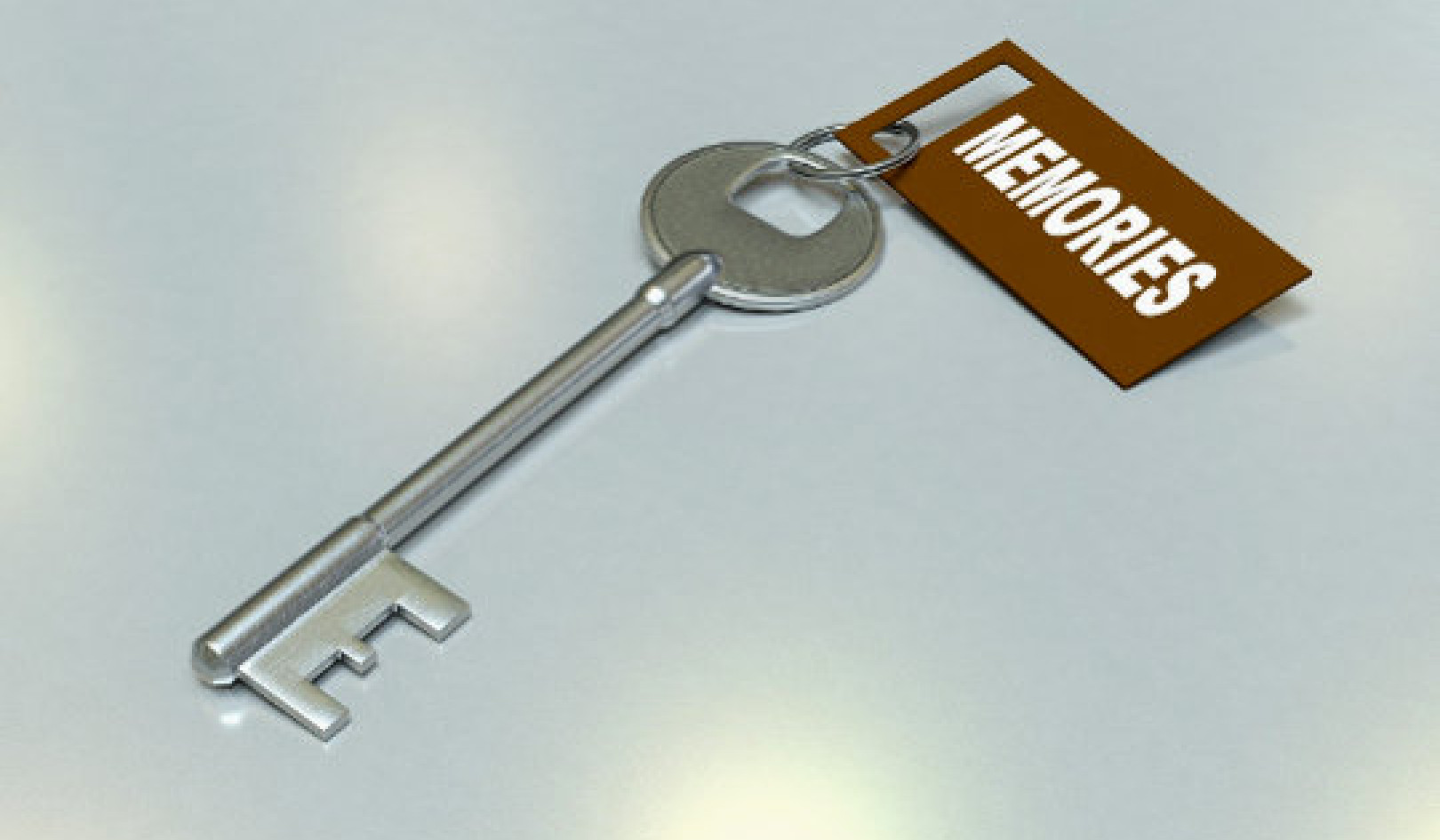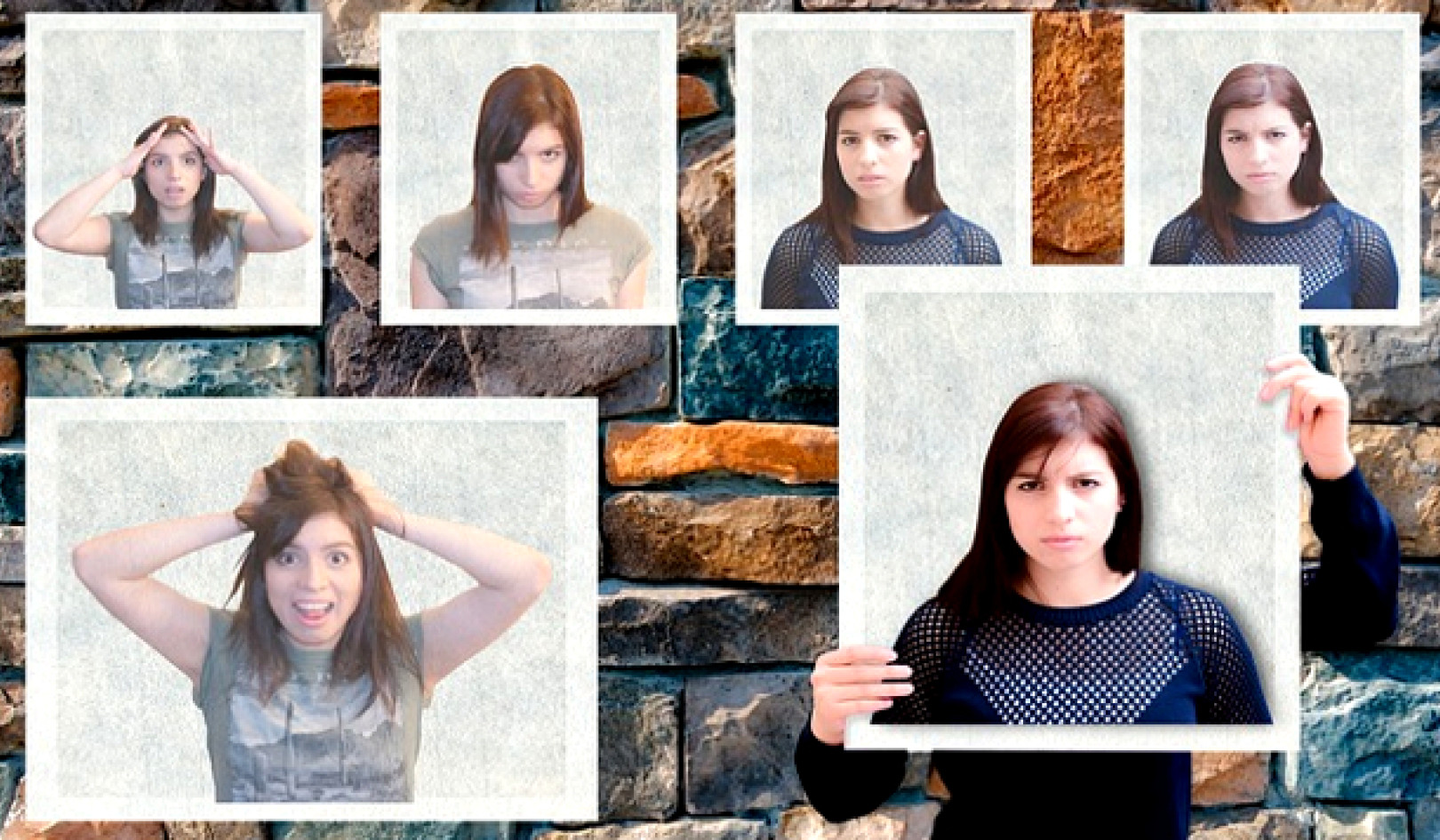
Judging by what I see on TV and in my email, one would think that lying has become acceptable. TV commercials use situations in which the character is lying to sell us a product, TV programs feature "lovable" characters that lie to their friends and employer to "protect themselves". Our daily email contains unsolicited emails that have in the subject line "in reply to your email" or that thank you for signing up to their list when you never did.
Now, of course, since what we see "out there" is a reflection of ourselves, we need to take a look at how we lie in our own lives to deal with the situation. We can only change ourselves and the Universe sends us "pointers" as to what needs looking into... even sometimes in the form of spam emails. :)
Mea Culpa? (My Bad?)
I was raised with the concept of "white lies". I don't know if that's just in the Catholic religion, but here's how I understood it. There were two kinds of lies: the bad, real serious lies (the ones you might go to hell for), and then there were the lies which were more or less "OK", the white lies. Those were not completely alright, but they possibly fit under the category of "to err is human...".
Yet, when is a lie not a lie? When it's only a partial truth? When it's well-intentioned? When we withhold or camouflage the truth, we are deceiving ourselves and others -- no matter the "size" of the lie. Of course the most common and "harmless" lie is when we give someone a compliment without meaning it, or when we withhold telling someone the truth so as to "not hurt their feelings".
Many times we don't tell the truth so we won't "rock the boat". There has been times in my life that people did not tell me something so they would not hurt my feelings... yet perhaps I needed to hear that truth to help me grow, to help me advance on my spiritual path. Perhaps they thought they were protecting me, or "being nice" to me, when in truth they were holding back information that I needed. For example: If I was being rude and no one told me, then I would just go on being rude. How would I learn?
There's "What You Say" and There's "How You Say It"
The issue is not so much one of telling the truth, as to "how" to tell the truth. I remember being told when I was in my twenties, "You're sure honest aren't you"... The person told me this as if it was a bad thing... Later I realized that what they meant was that I was hurtful in my honesty. In other words, I was blunt. I would simply blurt out the truth in whatever way it came to my mind. I did not go to the effort to make my "truth-telling" be non-threatening, non-judgmental, and devoid of blame, ridicule, mockery, etc. Yes I was honest, but I was also judgmental and critical, and my "truth-telling" at times carried a knife in its hand.
Years later, when I had employees, I learned that there were different ways of telling the same truth. If someone makes an error, you have a choice as to how to communicate that "truth". You can say something like "that was really stupid" (which may be honest, but surely not supportive or kind), or perhaps you can say, "I see that you really are working hard at this. Perhaps if you try this way it will make it easier." Same message, different intonation, and of course, a different effect on the recipient of your comment.
There is a difference between tact and lying. One can say the truth with caring and compassion -- with an eye on giving a positive message, rather than a hurtful and demeaning one. Perhaps if we always spoke with love rather than indifference or inattention then our messages would come out supportively.
When the Culprit is Me
And then there are those instances where the lie is not to protect the "other" but to protect ourselves. We have done something that we don't want to admit. Yet, no matter how much we pretend and lie, we can never hide the truth from ourselves. We will know that we lied, and the damage done to our self-esteem and self-worth by that knowledge is far greater than the damage of admitting to someone that you made an error, or whatever it is you're lying about.
When we lie, we end up feeling like a liar, and we carry around the energy and the guilt (consciously or not) of the lie we told. Then we have to expend even more energy remembering the lie so we can keep it up and not get caught later. Ah what a tangled web we weave when first we practice to deceive! (Sir Walter Scott)
Humpty Dumpty Sat On A Wall
If we want to create a better life for ourselves and for the people around us, we cannot build it on lies. Whenever you've lied to someone, there develops a wall between you... both because of the guilt and because you have to keep up the pretense of the lie. You no longer can afford to be completely honest and open with that person. And believe me, the other person knows it (whether consciously or not). They may sense something in your attitude, or read something in your body language -- perhaps you can't quite meet their eye anymore when you speak to them.
When we have a lie between us and someone else, true communication and love cannot take place. Since we are not being true to ourselves, we become "phony" in our relationship. We become split. And the relationship becomes unbalanced from that point on. There is no longer any true and open communication because the lie is there, between the two of you, like a smoke screen... or a semi-transparent wall.
Is Your Security Just an Illusion?
 For some of us, lying has become second nature. We lie about what we had for lunch because we don't want people to know that we are not following our diet. We lie about how much we spent on a new dress because we don't want the other person to know we spent "too much" or perhaps "too little". We lie about "little things" that we think won't matter, and we lie about "big things" because we think that's safer than telling the truth. We think our world will be more secure if we pretend and cover-up the truth.
For some of us, lying has become second nature. We lie about what we had for lunch because we don't want people to know that we are not following our diet. We lie about how much we spent on a new dress because we don't want the other person to know we spent "too much" or perhaps "too little". We lie about "little things" that we think won't matter, and we lie about "big things" because we think that's safer than telling the truth. We think our world will be more secure if we pretend and cover-up the truth.
Yet, if we are living a lie, then our happiness and peace is also a lie and it is surely not secure. It may look, on the outside, like our relationships and life are running smoothly, but if it is all resting on a net of lies, then at some point that net will not support the whole fabrication... and the whole thing will come crashing down.
It is much harder to deal with the truth coming out when you've camouflaged it for years... What started out as a "small lie", after years (or months) of being restated and built-upon, turns out to be a major breach in the communication and trust between two beings.
Lies Are Not a Foundation for Intimate & Harmonious Relationships
Sometimes in the "dating scene", someone will say "small lies" to make themselves look good, yet later when the truth behind those lies becomes obvious, the other person may lose confidence and trust in you. After all, if you've lied about one thing, what else are you or could you be lying about?
To have harmonious relationships, they must be based on love and openness. And how can we be open when we are hiding lies? It makes our life be a maze of complications.
Want to have a peaceful life? Be honest with yourself and others. Be aware of the small untruths that you tell; be aware of the truths you even hide from yourself. Many times the things we hide are the very things that would set us free. Our ego mistakenly believes that it is doing us a favor by hiding the truth. However, love and openness -- not pretense -- are the key to attaining inner peace.
We can choose to live a life of pretension and "half-truths". Or we can choose to be conscious of our words, our feelings, our inner knowledge and truth. We can become aware of our innermost feelings and thoughts -- respecting whatever is true for us, at that moment.
When we live live mindfully and consciously, we live our life based on a foundation of respect: respect for ourselves and respect for others. And respect entails trusting someone enough to tell them "our truth" -- and do it with love.
Recommended book:
Honest to God: A Change of Heart That Can Change the World
by Neale Donald Walsch and Dr. Brad Blanton.
 "Nobody tells the truth about anything anymore. Not anything important. Everybody's lying to everybody else, and everybody knows it." With these words, two great figures in the emerging culture of consciousness begin a searingly powerful dialog about the practical applications of honesty in our everyday lives. This book shows the absolute necessity for individual and social transformation and the absolute necessity for honesty in order to bring it about. The authors give us a blueprint for living fully, authentically and honestly in a world full of lies.
"Nobody tells the truth about anything anymore. Not anything important. Everybody's lying to everybody else, and everybody knows it." With these words, two great figures in the emerging culture of consciousness begin a searingly powerful dialog about the practical applications of honesty in our everyday lives. This book shows the absolute necessity for individual and social transformation and the absolute necessity for honesty in order to bring it about. The authors give us a blueprint for living fully, authentically and honestly in a world full of lies.
Click here for more info and/or to order this book on Amazon.
About The Author
 Marie T. Russell is the founder of InnerSelf Magazine (founded 1985). She also produced and hosted a weekly South Florida radio broadcast, Inner Power, from 1992-1995 which focused on themes such as self-esteem, personal growth, and well-being. Her articles focus on transformation and reconnecting with our own inner source of joy and creativity.
Marie T. Russell is the founder of InnerSelf Magazine (founded 1985). She also produced and hosted a weekly South Florida radio broadcast, Inner Power, from 1992-1995 which focused on themes such as self-esteem, personal growth, and well-being. Her articles focus on transformation and reconnecting with our own inner source of joy and creativity.
Creative Commons 3.0: This article is licensed under a Creative Commons Attribution-Share Alike 4.0 License. Attribute the author: Marie T. Russell, InnerSelf.com. Link back to the article: This article originally appeared on InnerSelf.com




























